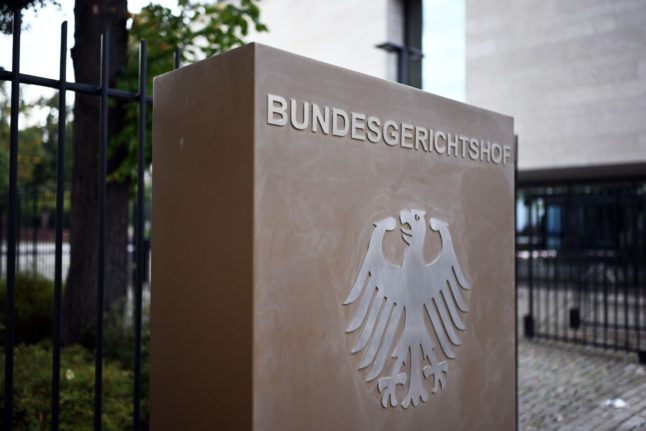Greenpeace created an artificial reef near the island by sinking massive rocks along the coast to protect a nature protection zone which it said was under threat by fishing and dredging activity.
And although Environment Minister Sigmar Gabriel, Interior Minister Wolfgang Schäuble and Transport Minister Wolfgang Tiefensee all agreed the action was illegal, none of them wanted to take the public relations responsibility for taking action, Der Spiegel reported this weekend.
Greenpeace is so popular, the magazine writes, that ministers passed the issue from one to another like a hot potato, with no-one willing to give the order for the Greenpeace ship dropping the rocks, to be stopped.
Finally the Chancellery put enough pressure on the Transport Ministry for a stern letter to be written and sent to the environmentalists.



 Please whitelist us to continue reading.
Please whitelist us to continue reading.